(This article appeared earlier on Vice: The Motherboard NL)
With all this talk about ‘digibesitas’, let’s add one more new-society disease to our vocabulary: Digital amnesia. It’s the act of forgetting certain things when you store them on you digital devices.
I started to notice that my memory is failing me lately, and it’s was really beginning to frustrate me.
Remembering the street that I had just looked up, or the name of that movie, with that actress, you know, who was together with that guy, but I can’t remember any of them… It seemed I had to rack my brain much more to remember the stupidest things, and I couldn’t limit myself to less than 10 internet searches a day for these stupid kind of things.
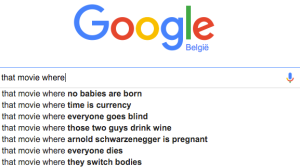
Early onset Alzheimer
When I couldn’t even remember the pin code of our shared food-account at the 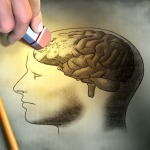 supermarket counter at rush hour, and had to look it up in the notes of my phone cause I knew I had put it there temporarily ‘just in case’, I went to the doctor.
supermarket counter at rush hour, and had to look it up in the notes of my phone cause I knew I had put it there temporarily ‘just in case’, I went to the doctor.
I dead-seriously asked him if Alzheimer is possible at my age and he looked at me and said “Nathalie, go to sleep earlier”.
If he wouldn’t take me seriously, the internet would, so what did I find on one of my nightly internet-rounds? That we’re all collectively kind of worried about our memory.
Scottish researchers diagnosed this memory loss a few years ago as the ‘Busy Lifestyle Syndrome’. According to their theory, our capability to remember isn’t decreasing, but we just have far too much to remember these days. Therefore some recollections disappear in the realms of our brain, buried by the avalanche of information.
This is only half the truth. In order to cope with all this information piling up on us, we try to save a lot externally. Our smartphone has become our biggest ally, but it also adversely seems to be the cause of our memory loss.
A recent study initiated by the cybersecurity company Kaspersky Lab speaks of ‘digital amnesia’. This entails the phenomenon where you will start forgetting information after you’ve entrusted it to your digital device.
Your brain will stop putting in an effort to remember certain bits of information, since it knows those are being remembered somewhere else.
The only knowledge it still retains is the instructions where to find said information.
Your brain becomes a directory to where certain files can be found on your smartphone/computer/the internet.
As if you’re asking your brain “hey buddy, can you tell me where Ann lives again?” and your brain is this lazy slob lying on the couch watching tv, yelling “she mentioned it somewhere in this facebookconversation you had a while ago. Try searching with keywords ‘party’”
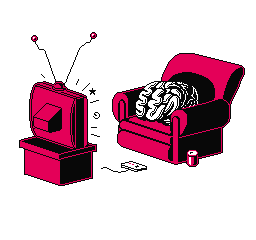
According to the Kaspersky study, more than half of its respondents will think of keywords to Google the answer, instead of thinking of what the answer might be. This is also called ‘the Google effect’.
The joy of forgetting?
Our cognitive processes are truly changing when the internet and smartphones are within arm’s reach, it seems. According to Maria Wimber of Birmingham University, these devices allow our brain to ‘selectively forget’ the externally saved information to make room. Forgetting is quite healthy for our brain, and when we save that info on an ‘external brain’, we feel safe and assured that forgetting won’t mean that info will be lost. We can now make space in our head’s hard drive and process more new information.
So far the good news.
Because what if you suddenly don’t have your external brain with you? What if you need some important information that you hadn’t remembered because you counted on that smartphone?
Your data running out when you still needed to look up the route to your friend’s house.
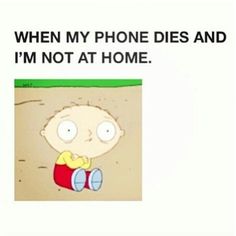 Missing your last bus when your phone has died, and not remembering a single phone number from the top of your head to help you out.
Missing your last bus when your phone has died, and not remembering a single phone number from the top of your head to help you out.
Not remembering the name of that grey white man that is walking enthusiastically towards you at a conference, and you can’t quickly check your linkedin.
Or even worse, when your brain accidentally deleted the directory to some information because there’s too many storage spaces. That article I was going to reference to, did I save it in my bookmarks? Did I put it in my Evernote? Did I e-mail it to myself? What keywords can I use to google it and find it again…
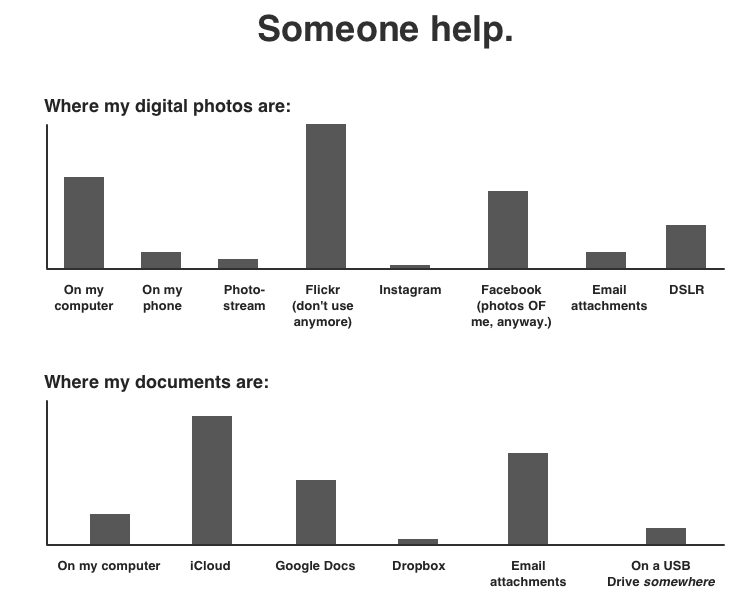
(Courtesy of Doghouse Diaries)
When the external brain disappears…
We unknowingly put so much trust in our devices because they are so efficient and user friendly. It almost makes us forget that they can disappear in a single moment.
You can lose your device, but also your back-up can disappear.
Whether it’s mechanical failure or magnetic field breakdown, back-ups on hard drive will not live forever. You will need to refresh them at least once every 3 years to make sure the data stays safe. After some more years, some of the files on your hard drive might also become unreadable because of ‘bit rot‘. Vint Cerf, the ‘father of the internet’ warned us for this phenomenon. Some files are only readable by certain programs, and those would no longer be supported by newer computers. You would still have the file, but no way to open it.
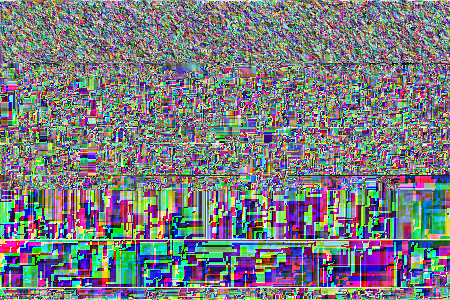 (This colourful mess is all you’ll be left with)
(This colourful mess is all you’ll be left with)
And the internet itself is disappearing and forgetting all the time to make space.
I recently made the painful discovery that my unused Hotmail-account, my very first e-mail address that I had created when I was 12, was completely empty.
Microsoft had made a big sweep of inactive accounts to create more serverspace and clean up its data storage.
Gone were my stupid but funny teenage e-mail chains with friends. Gone were my very first digital love letters with crushes. Gone was all this information that I will never retrieve again.
This happens all the time, since the rapid growth of the internet also means an ever expanding amount of information that occupies server space and overwrites other data. Who knows what part of the internet will stand the test of time.
If we’re not careful, it is quite possible our collective digital legacy could go up in smoke in less than 50 years. It’s one of the reasons I donate to the Internet archive and its waybackmachine. Webpages disappear all the time when their owners stop caring about them.
One can say we’re at a point of no return, the internet and our devices have become an extension piece to our brain. We can embrace it, continue processing new information and rely on our external devices to remember it. And accept it might one day be lost.
We can try to fight it and try to remember everything to the point that it drives us mad. Print out all pictures and documents to keep in a box in the attic. Make 6 back-ups and store them a tin jar to protect them from solar flares and spread them over the globe.
But it doesn’t matter what kind of wonder pills you’ll try to take. One day we’ll all forget, and be forgotten.

[…] As I previously wrote, our memory is even changing due to the possibility of digital storage. […]
LikeLike